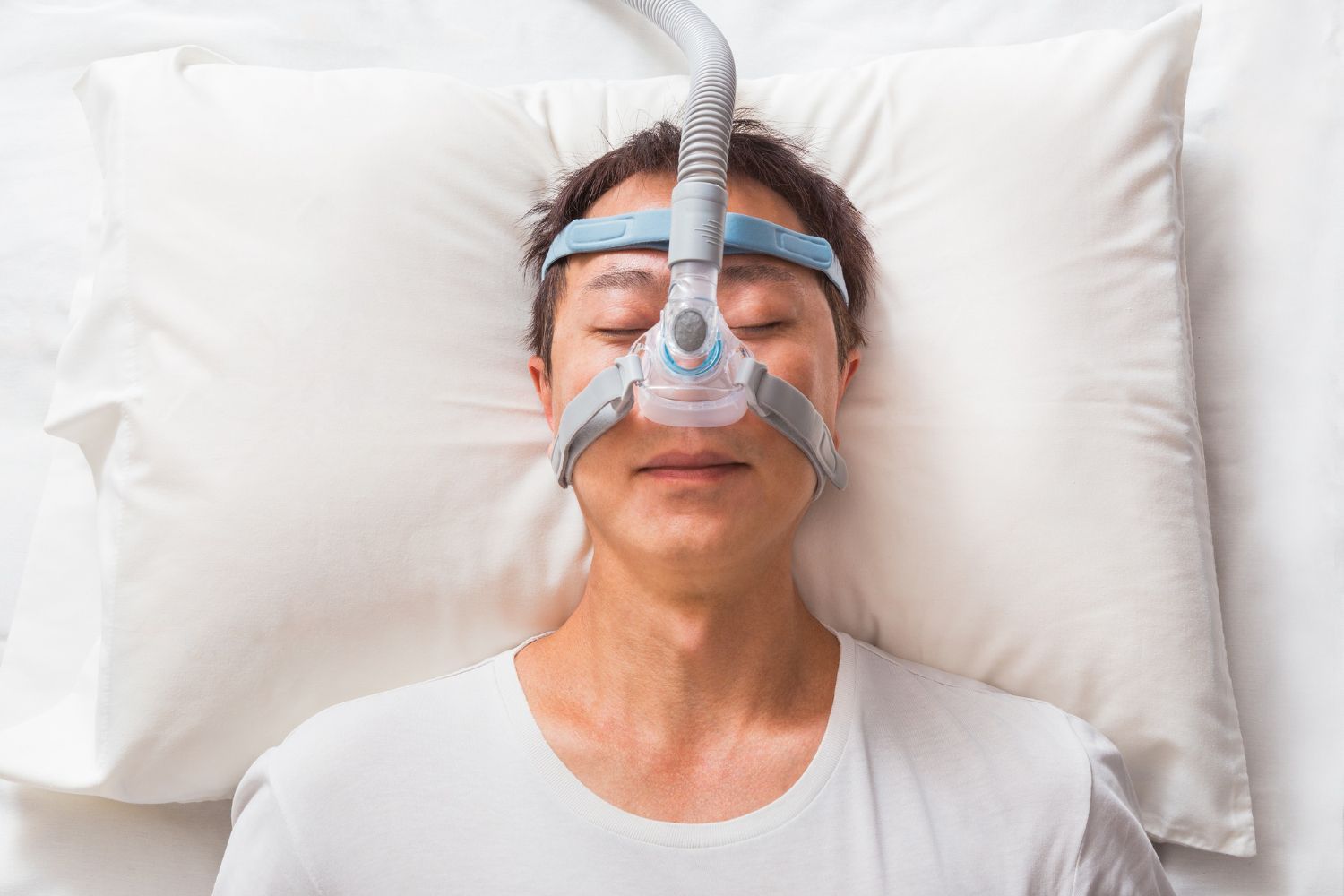Why CPAP Alternatives Are Gaining Popularity

Getting a good night's sleep can be tough for those dealing with sleep apnea. It's a condition that causes your breathing to stop and start while you sleep, leading to restless nights and tired days. Many people turn to CPAP therapy, which stands for Continuous Positive Airway Pressure. This method uses a machine to keep your airway open by delivering air pressure through a mask. While CPAP therapy is effective for some, others find the equipment cumbersome and uncomfortable and begin to seek alternatives for relief.
The interest in CPAP alternatives is growing as more patients look for treatments that better fit their lifestyle and comfort. Options such as oral appliances and lifestyle changes have become popular choices for individuals wanting effective treatments without the drawbacks of traditional CPAP machines. So, what’s driving this shift? Let's dig deeper into why these alternatives are catching on and how they could potentially offer a more comfortable path to restful sleep.
The Limitations of CPAP Therapy
While CPAP machines can be a game-changer for managing sleep apnea, they can also come with a host of challenges that some find difficult to overcome.
1. Discomfort and Inconvenience
CPAP masks can sometimes feel bulky and restrictive. For those who toss and turn or sleep on their stomachs, wearing a mask tight to the face can create a feeling of discomfort. Adjusting straps to prevent air leaks and having to clean the equipment regularly also adds to the unease, making it more of a chore than a solution.
2. Common Issues
Wearing a CPAP mask overnight can lead to several irritating problems. For instance, you might wake up with a dry mouth or nasal congestion from the constant airflow. Skin irritation and pressure sores around the nose and mouth are other annoyances that some users experience regularly.
3. Seeking Alternatives
These common issues prompt many to explore other treatments. Some patients find that the discomfort leads to decreased use, negating the benefits of regular CPAP use. With the search for alternatives, there is hope for solutions that fit better into everyday life, offering comfort without a constant struggle.
As these challenges come to light, it's clear why people are shifting towards CPAP alternatives. Finding an effective yet comfortable way to manage sleep apnea is key to improving both health and daily quality of life. With options like oral appliances and lifestyle changes, patients have more ways to tailor treatments to their specific needs.
Exploring CPAP Alternatives
Finding a suitable alternative to CPAP therapy can open up a world of comfort and compliance for those struggling with traditional CPAP devices. Here are some popular alternatives to consider:
- Oral Appliance Therapy: These custom-fitted devices are worn in the mouth to help keep airways open during sleep. They are much like a retainer and are often used for patients with mild to moderate sleep apnea. Many find them more comfortable and convenient, as they involve no masks or tubes.
- Positional Therapy: For some, sleep apnea is affected by sleeping position, particularly for those who snore more while lying on their backs. Positional therapy encourages sleeping on your side, and this shift can reduce symptoms significantly. Special pillows or wearable devices can gently prompt you into lateral positions during sleep.
- Lifestyle Changes: Implementing lifestyle changes can greatly influence sleep apnea symptoms. Weight management through a healthy diet and regular exercise can reduce apnea severity. Additionally, avoiding alcohol or sedatives before bedtime may help in keeping airways open.
By offering a variety of alternatives, people have the chance to choose the solution that best fits their lifestyle and comfort needs. Exploring these options might bring about the restful sleep they've been missing.
The Benefits of CPAP Alternatives
CPAP alternatives are favored for several reasons, mainly centered around comfort and usability. Here’s what makes them desirable:
1. Increased Comfort and Sleep Quality: Without the constraints and noise of a CPAP machine, many users find that they sleep better and wake up feeling more refreshed.
2. Ease of Use and Portability: Something like a small oral appliance is easy to pack and carry, making it ideal for travelers who might find CPAP machines cumbersome to transport.
3. Fewer Side Effects: Alternatives like oral appliances typically have fewer side effects, avoiding the dry mouth, nasal congestion, and skin irritation often caused by CPAP masks.
4. Improved Compliance: People are more likely to stick with a treatment that feels less intrusive and more like a natural part of their bedtime routine.
Exploring these benefits highlights why many are turning their backs on traditional CPAP therapy, seeking solutions that make living with sleep apnea simpler and more efficient.
Finding the Right Solution for You
Navigating sleep apnea treatment options requires a careful approach tailored to personal needs. With the availability of CPAP alternatives, folks have the flexibility to choose what's best for them, which can lead to more consistent use and better health outcomes. Consulting with trained doctors for personalized advice can help determine which alternative is suitable and effective. Balancing comfort with effective treatment is the key to achieving restful sleep and better overall health. These alternatives provide hope and versatile options for anyone struggling with the difficulties of sleep apnea.
If you're looking for effective ways to manage your sleep apnea beyond the traditional CPAP machine, consider exploring sleep apnea CPAP alternatives. With help from Pittsburgh Dental Sleep Medicine, you can find a treatment plan that aligns with your lifestyle and comfort preferences. Connect with a team of doctors who prioritize your well-being and work towards a restful night's sleep. For more information, delve into how these innovative solutions can make a positive impact on your sleep health.

